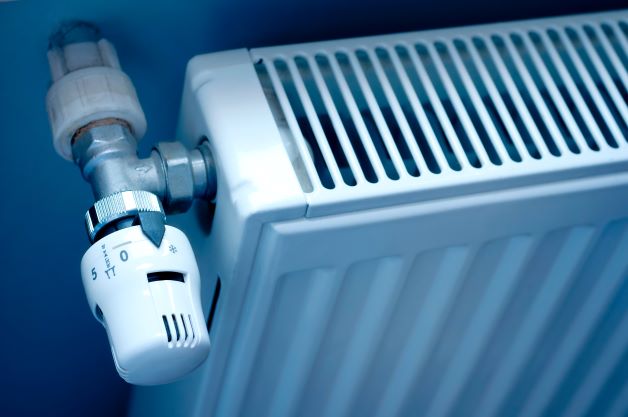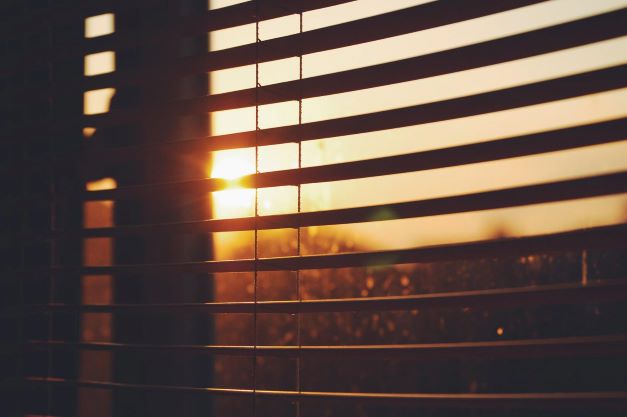A landlord in Northern Ireland has certain legal and ethical responsibilities which they are either supposed to carry out or are expected to. Since heating is essential during the colder months in Northern Ireland and the UK in general, it is one of the fundamental amenities that every landlord is both supposed to and expected to provide. This brings us to the next question, should landlords insure their heating systems then?
Insuring Heating Systems is Highly Advisable
Landlords should most certainly insure heating systems installed in any property that they are letting out for rent. However, unlike the need to provide heating during winter, insuring heating systems is not a legal mandate, but a wise decision. Most landlord insurance NI policies should either cover it by default, or at least provide you with an option to do so.
If you feel like you are being charged or quoted a premium that’s too high, don’t opt out of boiler/heat pump coverage. Instead, compare the landlord insurance NI providers, their plans, policies, terms, and pricing to find a better alternative. Just in case you are new to the role and unsure about whether you should opt for landlord’s insurance or not, go through the following reasons as to why you absolutely should.
Disasters/Accidents Will Ruin Your Finances without Insurance
A fire, a devastating storm, a flood, burglaries, and more are all liable to cost a landlord enough so that their business would suffer extensive losses without comprehensive landlords’ insurance coverage. On top of that, the landlord is still obligated to make the repairs necessary after the disaster, so that his/her tenants can move back in as quickly as possible.
You Wil Have to Pay for Repairs Out of Pocket without Insurance
As per the Housing Department of United Kingdom, a landlord is responsible for providing his/her tenants with all commodities that are deemed to be essential. This includes, but is not limited to:
- Water supply and plumbing
- Gas, electricity, and electrical sockets
- Sanitation and drainage
- Space heating, cooling, and ventilation
- Cooking appliances and utensils
These are just a few examples of course, but you can find out more by checking out the official document here. In fact, if you follow the document and read a bit further, you will also come to know that the landlord is not just expected to provide all the amenities, but also check, maintain, and repair them on behalf of their tenants. They have a legal obligation to do so by default, but especially if complaints are lodged by the tenants.
Therefore, if the heating system malfunctions or breaks down completely and you don’t have landlord insurance, you will have to repair it or buy a new one, right out of your own pocket. That’s just one aspect of course, because you will have to do the same if there is mould on the walls, the lights are flashing somewhere, or the plumbing needs some serious maintenance work. As one can imagine, that is far too expensive to be considered profitable.




